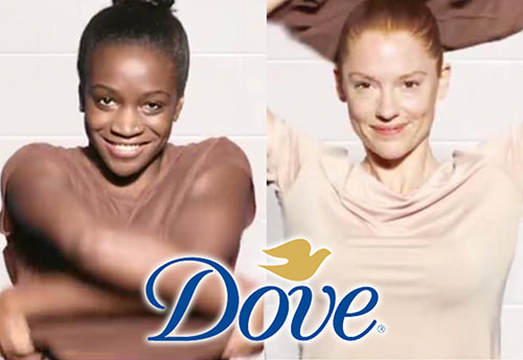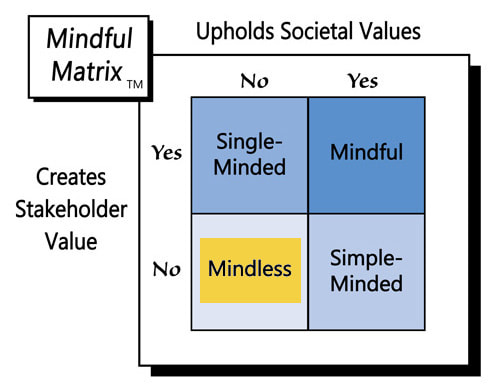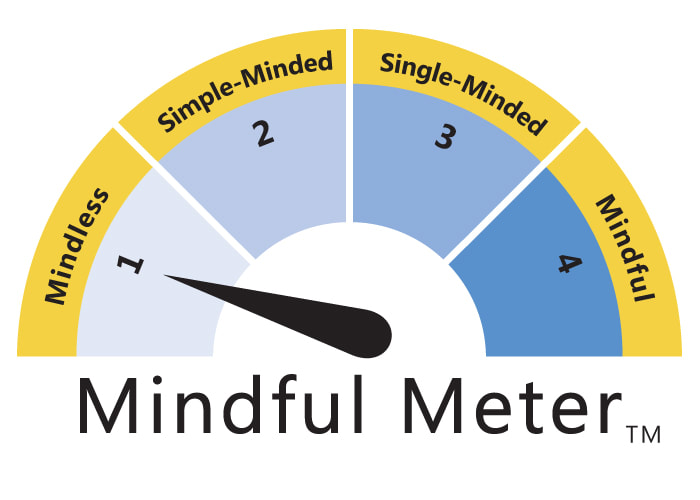The Dutch conglomerate responsible for brands such as Axe, Lipton, and Breyers, recently lit up social media with reactions to a Facebook ad for one of its most iconic brands: Dove. The fact that the video featured three women of different races didn’t cause the controversy. Many ads depict as much or more diversity. The issue for many people was how the ad portrayed racial differences.
The video showed “a young black woman taking off her T-shirt and then morphing into a white woman, who in turn takes off her T-shirt, and turns into a woman appearing to be Asian.” Although Dove said it was celebrating the beauty of different races, many viewers saw the ad differently: they thought each morph implied some kind of racial improvement.
Unfortunately, such a repugnant interpretation is not unfounded, considering the long history of unfair racial characterizations in advertising, especially certain ads that have expressly illustrated what Dove’s critics claim. For instance, a 1940s print ad by N.K. Fairbank Co. showed a white girl asking a black girl “Why doesn’t your mamma wash you with Fairy soap?” More recently, a Chinese detergent commercial drew overwhelming accusations of racism for showing a young black man being pushed into a washing machine, only to emerge happily as a lighter-skin Chinese man.
Even worse for Dove is the fact that it made a similar mistake not that long ago. In 2011, the brand created an ad for its VisibleCare product that featured three women—one black, one Latina, and one white—standing left to right in front of enlarged pictures of skin and two signs: “before” on the left and “after” on the right. The ad was supposed to illustrate dry skin before using the product and smooth skin after, but the positions of the women relative to the signs made it seem like the ad was advocating ‘dark skin before, white skin after.’
That interpretation isn’t unreasonable given that several well-known skincare companies, such as Nivea, market skin-lightening creams. Africa is a favorite target market for such products. In West Africa, skin bleaching is a “multibillion-dollar industry,” as advertising and social pressure lead many to adopt the misguided notion that lighter skin is more beautiful. The highest frequency of skin-lightening occurs in Nigeria where “77% of Nigerian women use the products on a regular basis,” despite significant health risks that come with the treatments.
Skin-lightening is not limited to Africa, however, and among the companies pushing such products around the world is, you guessed it, Unilever. In markets that include India, the firm promotes its Fair & Lovely line, using ads that “depict dark-skinned women transforming into light-skinned women with a direct result of success in romance and careers.”
So, what should we make of Dove’s latest misstep via its t-shirt morphing ad? Well, first it’s important to note that the company has offered what appears to be a sincere apology:
“Dove is committed to representing the beauty of diversity. In an image we posted this week, we missed the mark in thoughtfully representing women of color and we deeply regret the offense that it has caused.” “[The ad] was intended to convey that Dove Body Wash is for every woman and be a celebration of diversity, but we got it wrong and, as a result, offended many people.”
It’s also worth noting that Lola Ogunyemi, the black actress in the ad, has voiced her support for the promotional piece, saying that she understands the backlash but believes the ad was taken out of context. She adds she felt honored to be the face of dark-skinned beauty in the ad and doesn’t consider herself a victim. However, she was unaware of the order that she and the other actresses would appear in the ad.
Ultimately, Unilever/Dove should have: learned from its past mistakes as well as those of other advertisers, recognized the ad’s implied endorsement of physically and socially harmful skin-lightening, and more thoroughly vetted the new ad before deciding to publish it. Respectful representation of racial diversity in ads is great, but Dove’s imprudent approach is an unfortunate example of “Mindless Marketing.”
Learn more about the Mindful Matrix and Mindful Meter.
Check out Mindful Marketing Ads and Vote your Mind!




 RSS Feed
RSS Feed